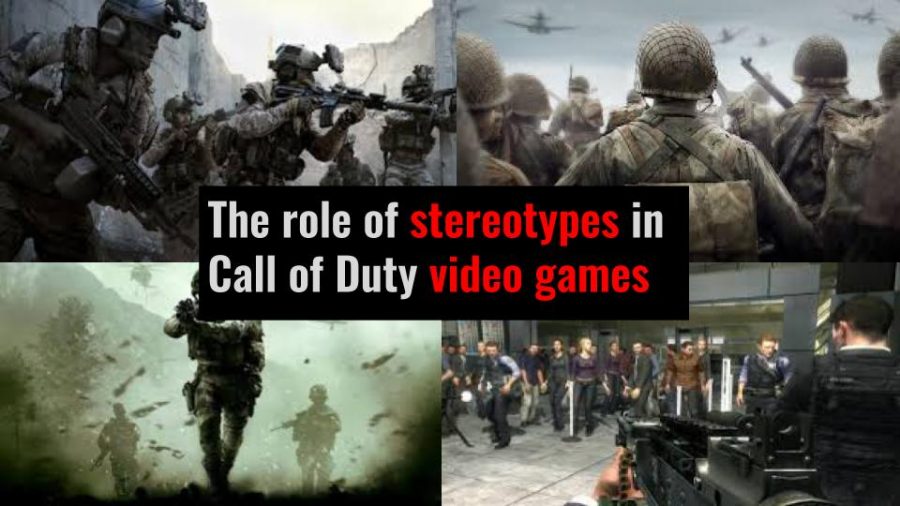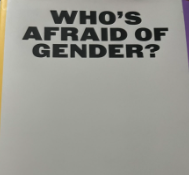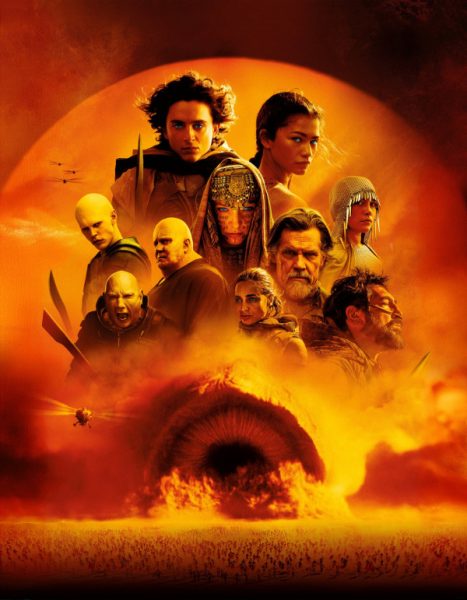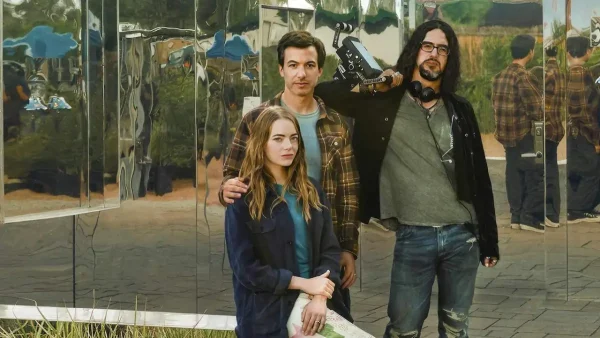COD Culture: Stereotypes in Call of Duty Modern Warfare
January 2, 2020
Video games have been a massive part of popular culture ever since “Pong” was released in 1972. It is undeniable the power video games have to unite communities far and wide, as well as their power in artistic expression to immerse players in the fictional (although sometimes nonfictional) world with fun and interesting mechanics, stage designs, and writing.
One problem that appears in all types of art and is not easily avoidable is the stereotype. Like all art, video games use stereotypes, too.
We both believe that stereotypes can cause harm. However, stereotypes hold a powerful role in the art of storytelling. Stereotypes are, “a set of cognitive generalizations” which can be applied to people, places, or things, and can be negative or positive.
In storytelling, stereotypes provide an opportunity for the storyteller to make the story easier for an audience to understand without explicitly saying something to subvert the expectations held by our stereotypes. In stories, these can act as Trojan horses: Seemingly, they are one idea, but lead to another. This is very important in account the recent video game and the controversy surrounding it, Call of Duty: Modern Warfare (2019).
The hottest topic of controversy around this game is related to the story mission, “Highway of Death.” To those familiar with history, there is a real place referred to as the “Highway of Death” which lies between Kuwait and Iraq. There was a complicated engagement at this “Highway” where, during the invasion of Kuwait, hundreds to thousands of Iraqis were brutally murdered by the American Coalition.
In this video game mission, Russians are the ones to kill hundreds of people attempting to escape, and it all takes place in a fictional country called “Urzikstan” via a road referred to by one of the characters as the “Highway of Death.”
Criticism of this game has come in the form of speculation that Call of Duty attempts to rewrite history with the replacement of Russians for Americans as the aggressors. However, we disagree. Although the Highway of Death is a real location, and the campaign only attempts to create a fictional battle between one evil faction of Russians and people from the made-up country “Urzikstan.”
COD MW (2019) pushes the boundaries of stereotypes by simultaneously perpetuating and quashing them. The narrative director of COD MW (2019) Taylor Kurosaki said in response to this controversy, that “We have Russian antagonists and Russian heroes in this game, and … that was our goal.”
Instead of trying to make a statement about different groups of people around the world, the game only presents stereotypes of different countries and factions in the scope of the fictional narrative. Russians are shown to be the aggressors against “Urzikstanis” because that is the role that some Russians play in the game. Not all Russians in the game have malicious intent, and some play as allies throughout the game. Characters and groups are made good and bad so the narrative can be easily understood.
Kurosaki creates intensity when players expect a Russian to be “evil.” Then they turn out to be “good,” while at the same time having other Russians be “evil,” which allows the audience to question their own beliefs, to question stereotypes in general, and to think about the power in storytelling.
All throughout the Call of Duty franchise, we see stereotypes ranging from gruff American war vets to obsessive Nazi German scientists and Russians with no moral compass. These concepts are simple to understand, as we have seen all of these throughout history before. Stereotypes never capture individual realities, and many people understand that, yet our brains use these generalizations. The common understanding of how groups of people have acted in events past allow for a streamlined and easy to understand story. Without this, games which are meant to be simple to understand and fun to play would be muddled with too many politics, which would take away from the gameplay.
At no point does any game in the COD franchise claim to be real, and, although obviously based on some events, is fictional. The developers are attempting to get something across to the player, and in these games’ case, that is dread and uncomfortability. This latest addition is great at these two points, and it is largely in part due to how our brains work and generalize things.
In our eyes, this game 1) succeeded at being fun and immersive, 2) created a story leaving the player with dread, and 3) sparked a worldwide conversation about stereotypes and put a light on some problems of the has seeing things that they might not have wanted to see.
What do you think? Did Call of Duty Modern Warfare (2019) go too far with their portrayals of Russia and other nationalities? Talk with us on Twitter by messaging @ethanhart1331 and @mattstrahlman.














